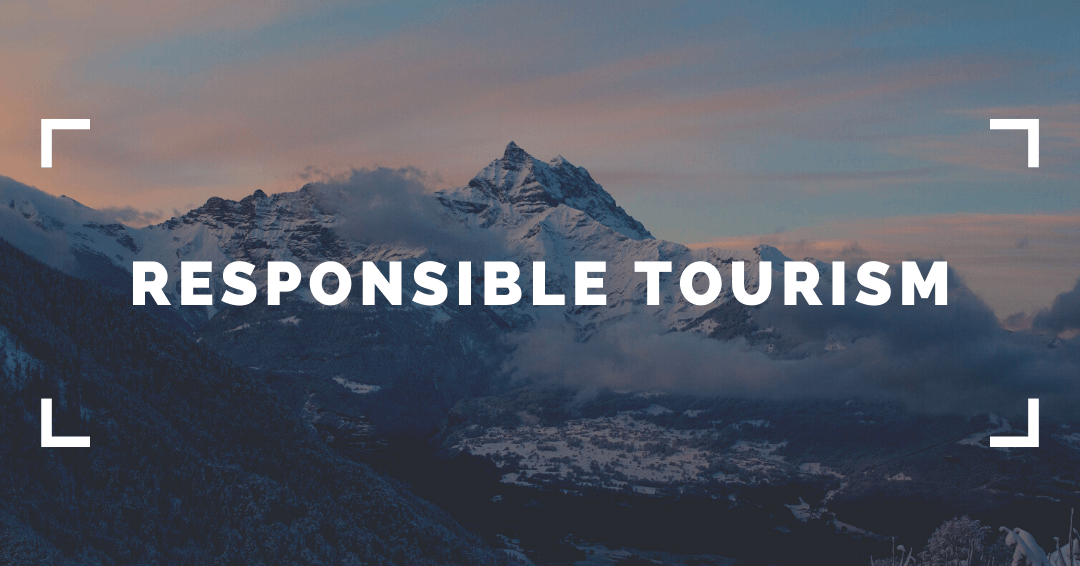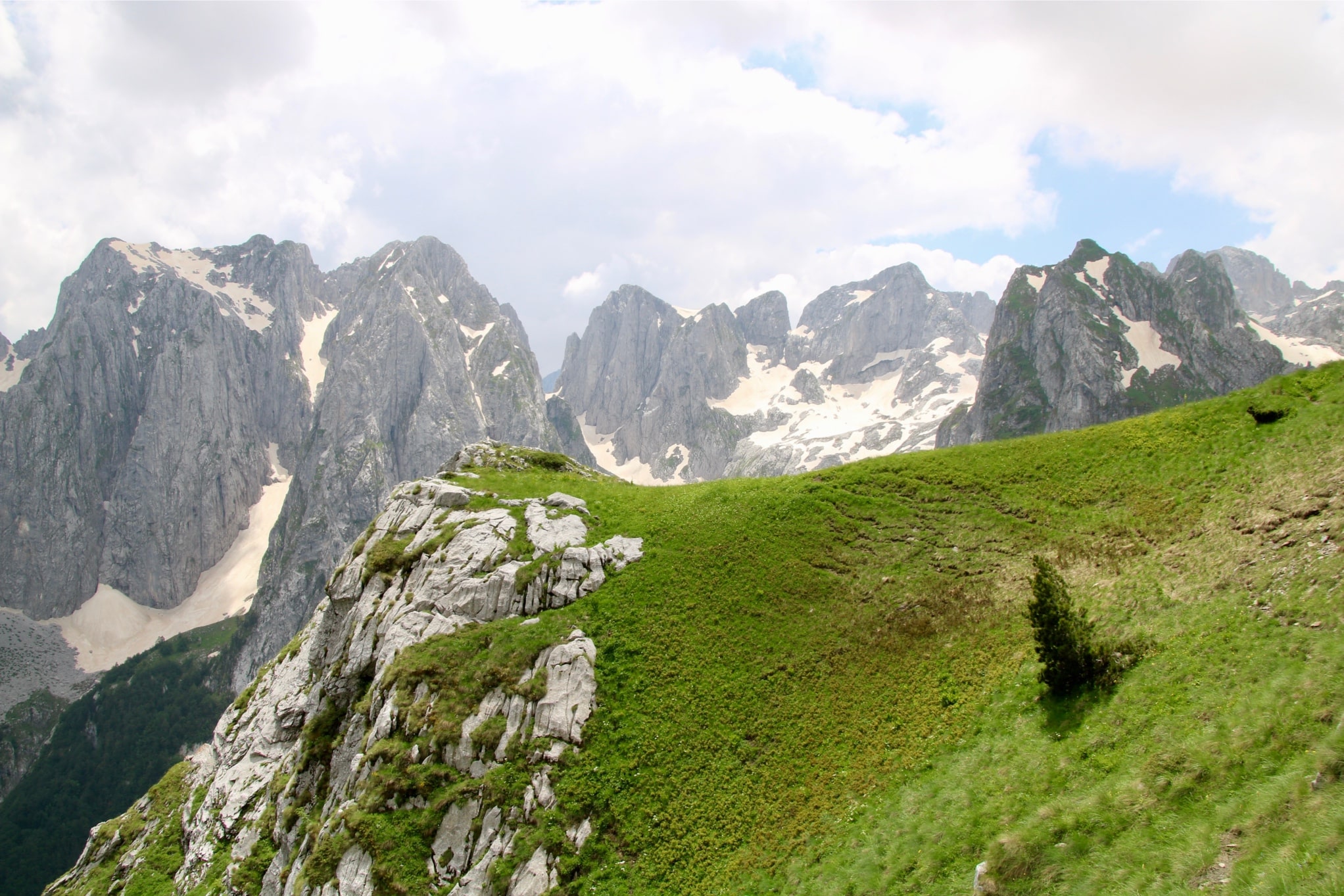
The different forms of tourism related to the environment and social responsibility
are multiple and can sometimes be confusing. It is known that responsible tourism is a “form of travel that can be consumed more responsibly”. Yes, but what else? We also know that this form of tourism is very similar to sustainable tourism. Furthermore, these two terms could also have a common definition:
“a form of nature-based tourism that tends to be ecologically, socio-culturally and economically sustainable, while providing opportunities for learning about and assessing the natural environment or its specific elements”. (1)
We wanted to give you here the most recognized definitions in the profession on the subject. Do not hesitate to contact us using the form at the bottom of the page if you would like more information on this subject. You can also read in the ‘Our Values‘ section how we have chosen to follow the principles of ecotourism or sustainable/responsible tourism in what we do.
Responsible Tourism
Responsible Tourism is a tourism which:
”generates greater economic benefits for local people and enhances the well-being of host communities,
minimizes negative social, economic and environmental impacts,
improves working conditions and access to the tourism industry,
provides more enjoyable experiences for tourists through more meaningful connections with local people, and a greater understanding of local cultural, social and environmental issues,
involves local people in decisions that affect their lives and livelihoods
makes positive contributions to the conservation of natural and cultural heritage,
provides access for physically challenged people,
is culturally sensitive, encourages respect between tourists and hosts, and builds local pride and confidence.” (2)


Ecotourism
Ecotourism is a form of sustainable tourism – all forms of tourism can become more sustainable but not all forms of tourism can be ecotourism.
“Ecotourism is environmentally responsible travel and visitation to relatively undisturbed natural areas, in order to enjoy, study and appreciate nature (and any accompanying cultural features – both past and present), that promotes conservation, has low visitor impact, and provides for beneficially active socio-economic involvement of local populations” (3)
Sustainable tourism
Sustainable tourism development requires the informed participation of all relevant stakeholders, as well as strong political leadership to ensure wide participation and consensus building. Achieving sustainable tourism is a continuous process and it requires constant monitoring of impacts, introducing the necessary preventive and/or corrective measures whenever necessary.
“Sustainable tourism should also maintain a high level of tourist satisfaction and ensure a meaningful experience to the tourists, raising their awareness about sustainability issues and promoting sustainable tourism practices among them.“ (4)

Our sources :
(1) Weaver, 2011
(2) Cape Town Declaration, 2002
(3) Ceballos-Lascurain, 1993 – Official definition adopted by the IUCN in 1996
(4) World Tourism Organization, 2004
Do you want to find out how we interpret those definitions in the field?
Contact us!
© Montenegro Eco Adventures; CZIP
